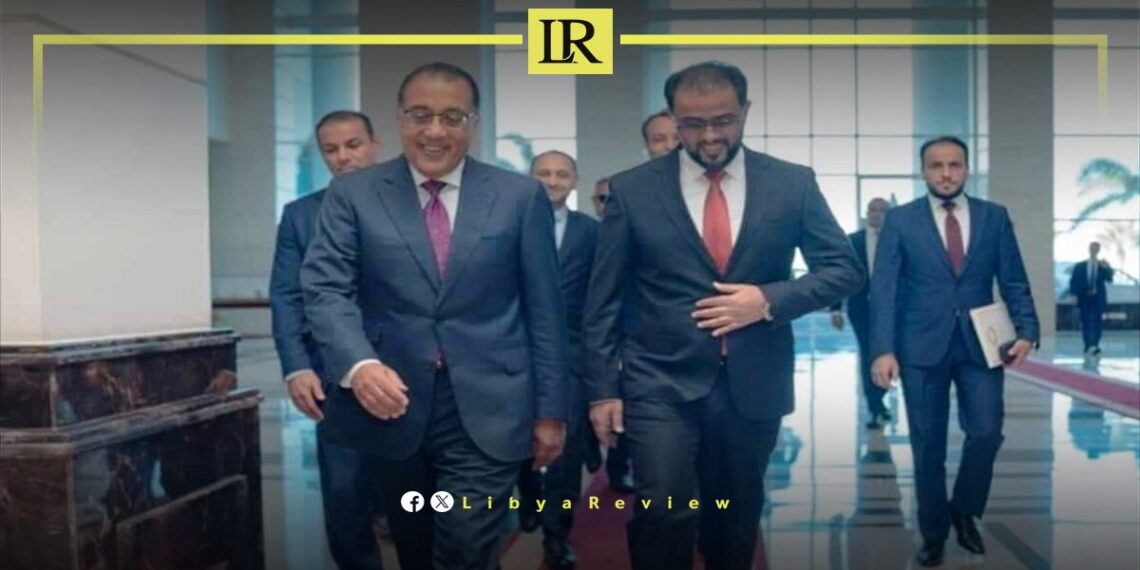On Sunday, the Libyan Government of National Unity (GNU), led by Prime Minister Abdul Hamid Dbaiba, expressed strong disapproval over Egypt’s recent decision to officially receive Osama Hammad, who has been appointed as Prime Minister by Libya’s eastern-based Parliament.
In a statement, the GNU’s Ministry of Foreign Affairs and International Cooperation condemned Egypt’s move, describing it as a “diplomatic misstep.”
The GNU criticised the reception of Hammad, claiming that his government lacks international recognition and legitimacy. The ministry noted that Egypt’s actions undermine efforts to maintain Libya’s unity and stability and are inconsistent with the broader international consensus aimed at preventing Libya from sliding back into division and conflict.
The GNU’s statement also emphasized the potential negative consequences of this diplomatic engagement, warning that such unilateral actions could exacerbate tensions and derail ongoing efforts to stabilize Libya. The ministry expressed disappointment that Egypt, a key regional player, would take steps that could contribute to further polarization in Libya, rather than supporting efforts to unify the country.
The GNU highlighted its own diplomatic achievements, particularly in fostering balanced relations with key international and regional stakeholders, including Egypt. The government expressed pride in its role in moving Libya away from the era of competing governments and regional conflicts, which had previously turned the country into a battleground for external powers.
Libya has remained politically fractured since the 2011 uprising that led to the fall of Muammar Gaddafi. The country is currently divided between the Tripoli-based government led by Abdul Hamid Dbaiba, and a rival administration in the east, backed by the Libyan House of Representatives, which appointed Osama Hammad as its Prime Minister.
The GNU’s strong reaction to Egypt’s actions reflects the precarious balance in Libya, where external influences have historically played a significant role in the country’s internal conflicts. The situation calls for careful diplomatic handling to prevent a return to widespread violence and ensure that Libya’s path to reconciliation and peace remains intact.


